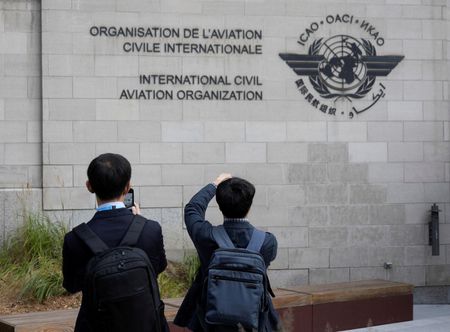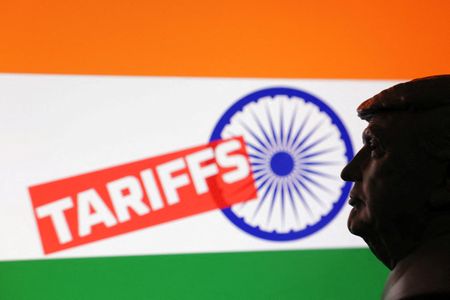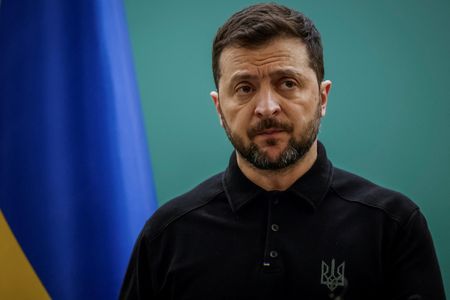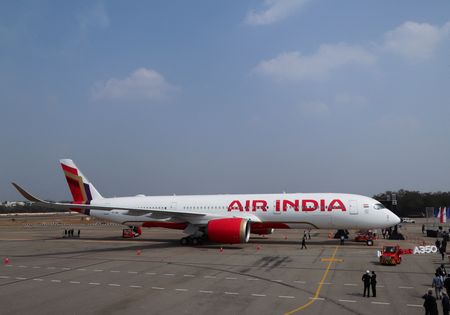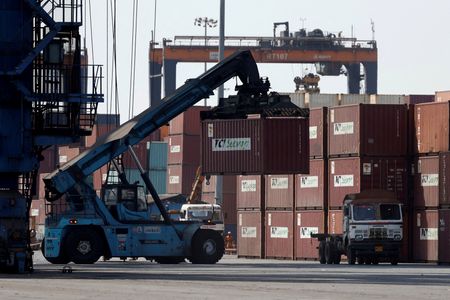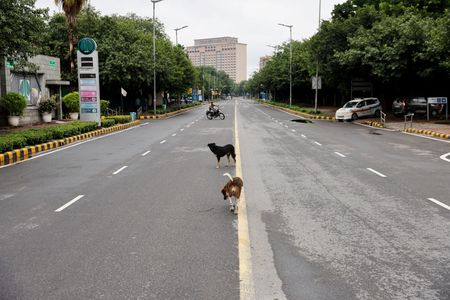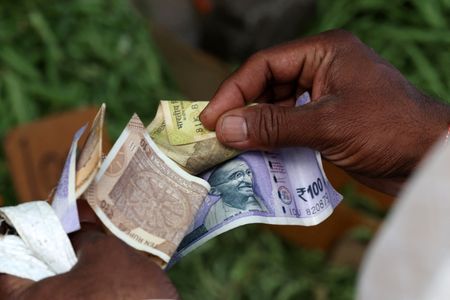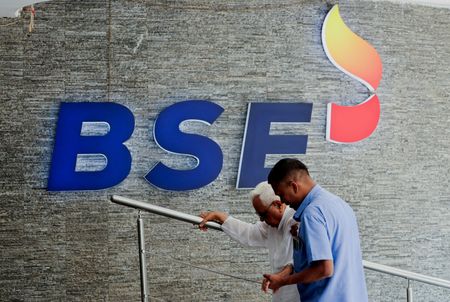NEW DELHI (Reuters) -A pilot union has objected to the Indian government’s call for a global code of conduct on countries hiring each other’s airline staff, saying the move is contrary to international norms on employment and risks creating conditions of “bonded labour”.
Reuters reported last week that India had raised concerns with the International Civil Aviation Organization, the U.N.’s aviation agency, on worries that its fast-growing aviation market was being impeded by the poaching of Indian pilots and cabin crew without adequate notice.
A booming aviation market is seen as key to supporting Prime Minister Narendra Modi’s aviation goals, but India is short of experienced pilots.
Indian government rules mandate a minimum notice period of six months for pilots and a no-objection certificate from an airline for them to join a rival. Those strict rules are currently being challenged by pilot bodies in court.
In the working paper Reuters cited, India asked for the creation of a code of conduct on the movement of skilled aviation workers among ICAO’s member countries. The paper didn’t specify how the code of conduct would work.
In a letter sent on Friday to India civil aviation minister Ram Mohan Naidu, the head of Airline Pilots’ Association of India (ALPA India) said the working paper misdiagnosed the outflow of aviation talent. ALPA India attributed the drain to factors such as poor working conditions, a lack of job security, limited career growth opportunities and an absence of standardized pay structures at airlines.
“Targeting outbound employment from India sets a dangerous precedent and is inconsistent with ICAO’s principles of consensus, collaboration and international workforce mobility,” ALPA India president Sam Thomas said in the letter, which was also published on the pilot union’s X account. The body represents about 1,100 pilots in India.
Naidu’s office was not immediately available for a comment.
Thomas urged Naidu to withdraw the working paper and call for an urgent consultative meeting with ALPA India and other stakeholders to discuss solutions to workforce challenges and prioritize reforms in working conditions and pay.
(Reporting by Abhijith Ganapavaram; Editing by Hugh Lawson)

